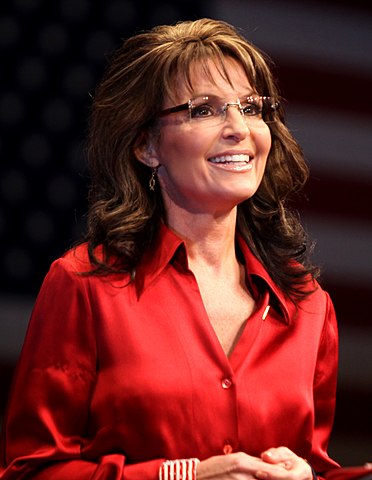
Richard Nixon
1961-1981
Richard M. Nixon was the longest-serving Chairman of the NUC in American history, and the second longest American leader overall, after Douglas MacArthur. His reign would be infamous for the erosion of many of the few freedoms Americans had left, and the establishment of a police state with near-constant surveillance.
Nixon was a well-known anti-communist in the Senate, and a supporter of both MacArthur and McCarthy. He was rewarded for his loyalty by being appointed to the National Union Council in 1956. As a part of the NUC, Nixon pushed for increased surveillance of suspected subversive organizations. When Chairman Joseph McCarthy fell from grace in 1960 after his failed attempt to replace President MacArthur, Nixon formed a covert partnership with J. Edgar Hoover, promising even greater powers to the FBI in exchange for helping him become Chairman of the NUC.
In 1962, when MacArthur died, the NUC had the job of appointing the next President. As Chairman, Nixon was a prime candidate, but, as he lacked MacArthur's popularity and charisma, deduced that his presidency would not be as long or popular as MacArthur's. Rather than accept becoming an essentially powerless target, Nixon used his position to appoint a puppet President who would rule for him. Nixon picked the young, handsome John F. Kennedy, who, unknown to the public, was addicted to various painkillers and was very sick. Nixon and Hoover used this information to blackmail Kennedy into supporting their policies.
Under Nixon's reign, the FBI went from being simply a rather authoritarian police force to being something terrifying, shrouded in myth. While people had often been imprisoned for opposing the government, now, they simply disappeared without a trace. The people became paranoid that the FBI always watching their every move. The FBI also dug up dirt on every single member of the NUC, to keep them in line.
Nixon's foreign policy was also notably more hawkish than that of his predecessors. He sent the Army to put down a communist uprising in the Philippines, and used the FBI's overseas branch to assassinate Sundararami Reddy, a left-wing pro-democracy advocate that was dangerously close to being elected in India.
The biggest foreign policy issue within Nixon's reign was the 1963-1967 Pacific War between the Blue Bloc on one side and the Empire of Japan on the other, with the USSR and Red Bloc neutral during the war. The American Navy was comparatively weak, and was unable to defend Guam, the Philippines, and Hawaii from being occupied by the Japanese. However, British assistance ensured an American victory during the war, and the liberation of all occupied territories. Japan was occupied by a join Anglo-American force, and a friendly Blue government was installed in place of the Imperial government.
In 1973, the economy went into a recession, and the Blue government's fiercely pro-business policies were blamed for this. To combat this, Nixon implemented price-and-wage controls, and had the government take a huge role in the economy, far larger than it had ever been in Blue America. However, nobody dared to accuse Nixon of being a Red, out of fear.
When President Kennedy died in 1974, Nixon appointed a relatively-unknown Maryland representative named Spiro T. Agnew to the presidency. Agnew, like Kennedy before him, was simply a figurehead, a puppet for Nixon. However, unlike Kennedy, Agnew was also very corrupt, something that Nixon and Hoover knew and used against him.
However, one area where Nixon actually improved the rights of Americans was civil rights. While the South had improved somewhat during Browder's regime, it quickly regressed back into Jim Crow after the fall of Red America. Nixon, on the other hand, passed comprehensive civil rights acts from 1974 to 1977, and prohibited any sort of racial discrimination in government operations. While most Blues would have stopped there, Nixon went further, and implemented anti-discrimination laws that applied to businesses, with the threat of "disappearance" for their owners.
In 1979, thousands of student protesters from across the country gathered in front of the Capitol Building in Washington, D.C. to protest for the restoration of their rights as Americans. Chairman Nixon ordered the protesters to leave, but when they refused to do so, he had the Army fire on them, resulting in 635 casualties. The Liberty Massacre earned Nixon the nickname "the Butcher", and sparked off a series of riots throughout the nation. This culminated with an assassination attempt on Chairman Nixon in December 1980. Though Nixon was not killed, he was severely wounded, and unable to exercise many of his powers. The terrifying Nixon Regime was finally over.



